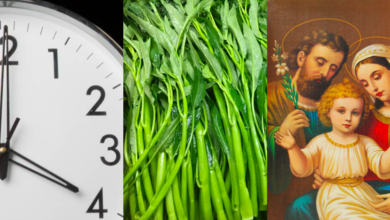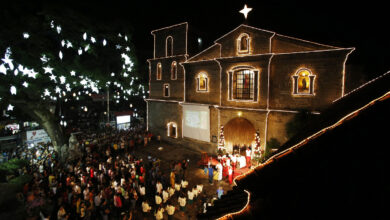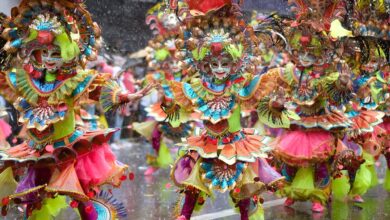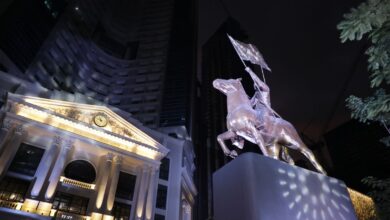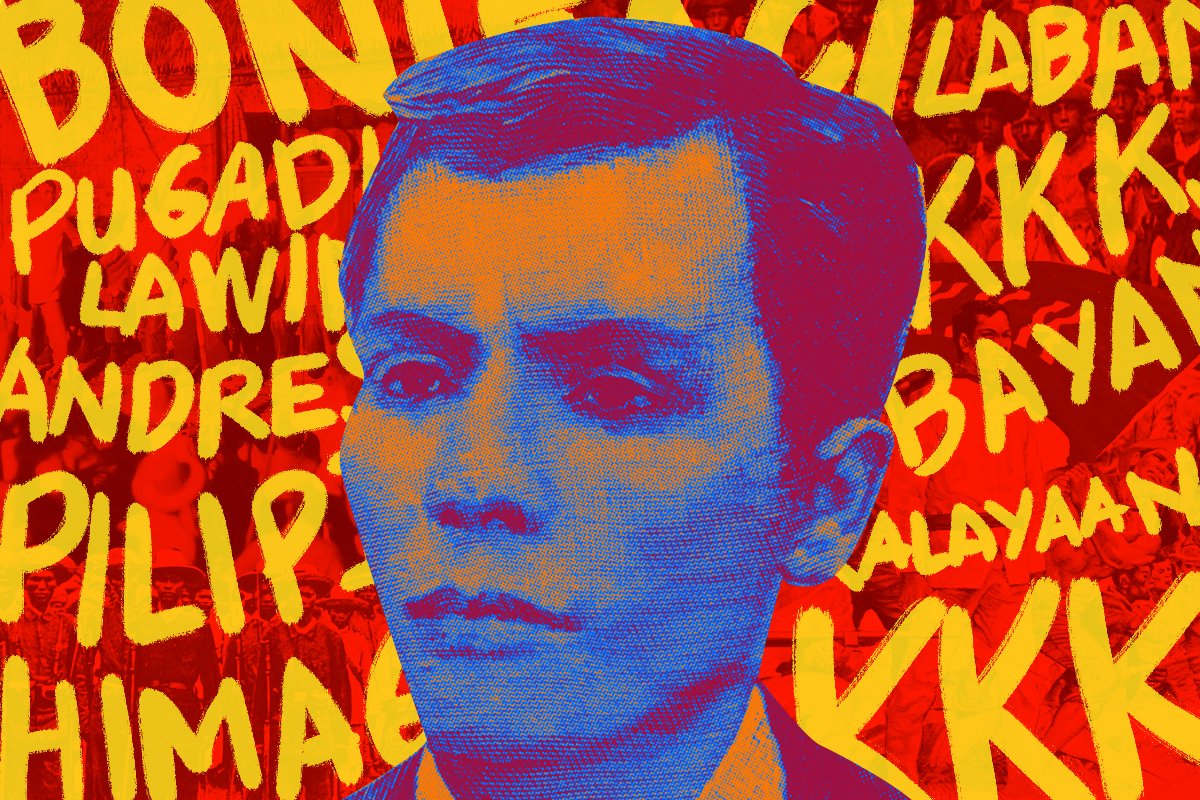
Remembering our Other National Hero: Andres Bonifacio
Why is Andres Bonifacio such a charismatic figure in our history? Is it because his life, especially his death, remains an enigma up to this day? Or is it because most of us see more of ourselves in him compared to other heroes like Jose Rizal and Emilio Aguinaldo?
Andres Bonifacio was born to a humble family in Tondo, Manila. In 1882 and 1883, both his parents died from Tuberculosis. This made Andres the sole breadwinner of his family at 19 years old. To support his five younger brothers and sisters, he had to forego going to college and work – a story all too familiar to many Filipinos.
With him realizing that acquiring education in a traditional way seemed unattainable, Andres decided to self-educate by reading books about the French Revolution. He also read biographies of the Presidents of the United States, and books about contemporary Philippine penal and civil codes.
He likewise immersed himself in novels, including José Rizal’s Noli Me Tángere and El Filibusterismo. And while he was working as a purchasing manager at a British company called J.M. Fleming and Co., Andres Bonifacio became fluent in English apart from Tagalog and Spanish.
The Other National Hero
The Kataas-taasang, Kagalang-galangang Katipunan ng mga Anak ng Bayan or KKK played a huge role in the revolt of the Filipinos against the Spaniards. In the center of that revolution was its founder, Supremo Andres Bonifacio.
Through the KKK, Bonifacio was able to unite eight provinces in pursuing independence and freedom. The provinces of Batangas, Laguna, Cavite, Manila, Bulacan, Tarlac, Pampanga and Nueva Ecija now represent the eight rays of the sun on the Philippine flag.
Bonifacio’s contribution to the revolution is so undeniable that some believe that he should be our national hero. However, what most of us don’t know is that Rizal laid the groundwork for the KKK and the revolution that followed.
Andres Bonifacio joined Rizal’s La Liga first in 1892 before he created the KKK. The former also read Rizal’s novels and was inspired by them that he made El Filibusterismo a “blueprint” of the Katipunan.
Bonifacio’s charisma was evident in the growth of the KKK. From a mere 300 members in 1896, he was able to increase it to 30,000 in the same year. His ability to lead the masses to revolt is what made Emilio Aguinaldo and his men consider him as a threat.
The Death of Bonifacio
The KKK in Cavite was divided into two factions: the Magdiwang who were loyal to Bonifacio and the Magdalo who were loyal to Emilio Aguinaldo.
Bonifacio was simply too formidable a threat to Aguinaldo’s leadership. And so, according to historians, an election was held to determine the leader of the Katipunan. Bonifacio lost, soon claiming that the election was rigged and therefore, invalid.
Andres Bonifacio and his brother, Procopio, were then arrested and were tried for sedition and treason against Aguinaldo’s government. They were also suspected to conspire in murdering Aguinaldo.
With a jury filled with Aguinaldo’s men, Andres and his brother were found guilty and thus, sentenced to execution. They met their demise in the mountains of Maragondon on May 10, 1897.
Bonifacio’s death reignited the revolution. Apolinario Mabini even wrote that Katipuneros in several provinces were left demoralized by the news.
Loyal followers of Bonifacio like Emilio Jacinto and Macario Sakay, however, continued to fight for the revolution and never recognized Aguinaldo’s leadership.
Remembering Andres Bonifacio
Whether you consider Andres Bonifacio as the rightful national hero or not, one cannot deny that he is one of the most important figures in our country’s history. He fought for our independence and freedom. He showed that great things can be achieved if people work together towards the same goal.
Andres Bonifacio is the epitome of courage and perseverance – traits that Filipinos are still known for. His heroism filled the hearts of his men then, and it should fill ours today. Over 150 years since his birth, let’s all remember our other national hero. Let’s all remember Andres Bonifacio.

